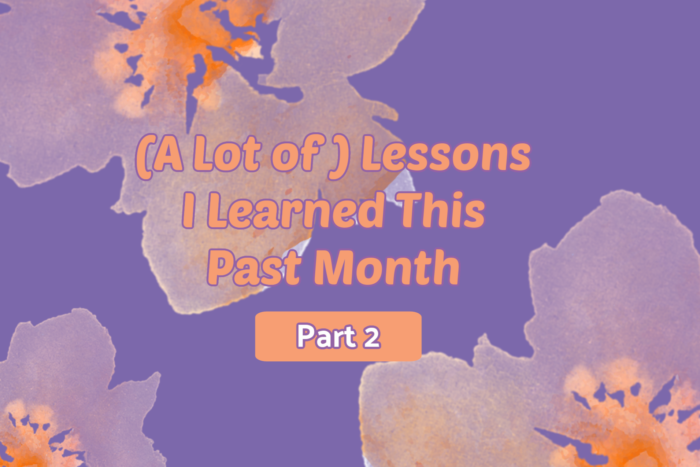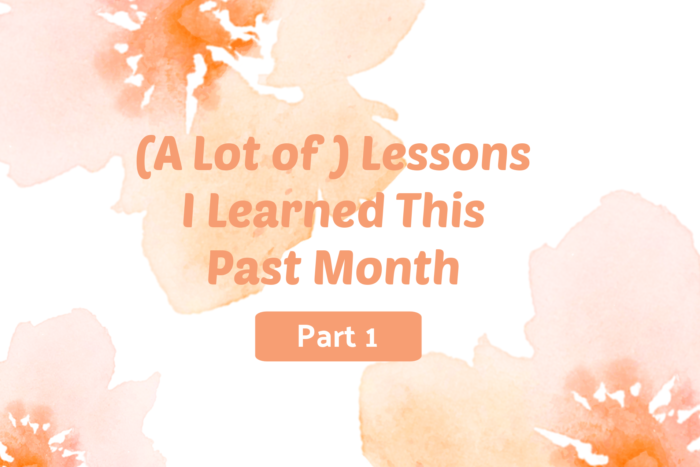What Do They See?
This past week, when I was at Target, I noticed a line of men about ten or fifteen deep snaking towards the back of the store. Without obviously staring, I assessed that they all seemed to be somewhere in their twenties and thirties.
I looked around to try to figure out what they were waiting for. Finally, my curiosity got the best of me and I asked a store clerk who stood nearby.
“Oh, some new Pokémon cards or something are coming out today.”
Wait. What? Grown men waiting for Pokémon cards? Are you kidding me?
The clerk at the check-out counter elaborated further. Pointing over to the lady who was restocking the shelves, she informed me that the men weren’t allowed to go to the shelves until they were fully restocked.
While I can’t know the story behind why any particular grown man was in that line (maybe it was for his kid?), the fact that there was a line of grown men waiting to purchase something that was designed for children was mind-boggling to me.
These full-grown men who are still interested in the toys of children stand in stark contrast to the three men of Daniel 3. Some commentators estimate that the incident in this chapter happened around 15 years after they were taken as exiles into Babylon. That would put Shadrach, Meshach, and Abed-Nego around thirty years of age.
They had left childish things behind many years before. While only teens, they had had to make the difficult decision not to eat the King’s food out of their loyalty to God. They were already thinking about what is most important and who gets their allegiance.
When, years later, they were faced with the choice to bow down to the golden image as Nebuchadnezzar demanded or to stay true to God, they were prepared.
You have to just absolutely stand in amazement of these men as they answered Nebuchadnezzar’s demand for worship and consequential threat of the fiery furnace—
If that is the case, our God whom we serve is able to deliver us from the burning fiery furnace, and He will deliver us from your hand, O king. 18 But if not, let it be known to you, O king, that we do not serve your gods, nor will we worship the gold image which you have set up. Daniel 3:17-18
As I reflect on these three young men and the stand they took for the Lord, I can’t help but think of the men who stood in line for… cards.
The world is so obsessed with the things that do not matter.
And the world is teaching men specifically to never grow up. For a man captivated by a world of video games, sports, and children’s toys are men who are rendered ineffective in their families. If they are believers, they are rendered useless for Christ and stand unprepared to face the hard trials ahead.
Instead of digging deep roots of faith through prayer and Bible Study, they squander countless hours on their idols that matter not a bit in the scope of eternity.
Oh, what a sad, sad state this is. While we can expect this kind of thing from the young men of the world, how utterly devastating to see this in the life of Christian young men.
This leads us to consider our own role in creating godly character of the young men (and women, too) in our lives. Are we teaching them to love and serve the Lord above all else? As parents and grandparents, are we teaching them by our words and deeds to reflect and care about the eternal things of life?
Or are we ourselves obsessed with the stuff of life that just doesn’t matter? Education, entertainment, hobbies, popularity, careers, material possessions, recreation, health and fitness…all of these things (and so many more) can so easily become idols in our lives, replacing the eternal with the temporal; replacing what is everlasting with what is short-term; replacing our love for God with our love for ourselves.
Most of the things listed above are not wrong in and of themselves. It’s the obsession that brings the danger.
May we be like those three men in Daniel 3–turning away from those ungodly idols that would demand our time and attention and digging deep roots of faith so that we are fully prepared to take a stand for God and truth when necessary, no matter the cost.
Our kids are watching. Our grandchildren are watching. Our family and friends and co-workers–they are all watching. What will they see?
Will they see that we are sold out for Christ or will they see a person obsessed with something that just doesn’t matter?
What do they see?










